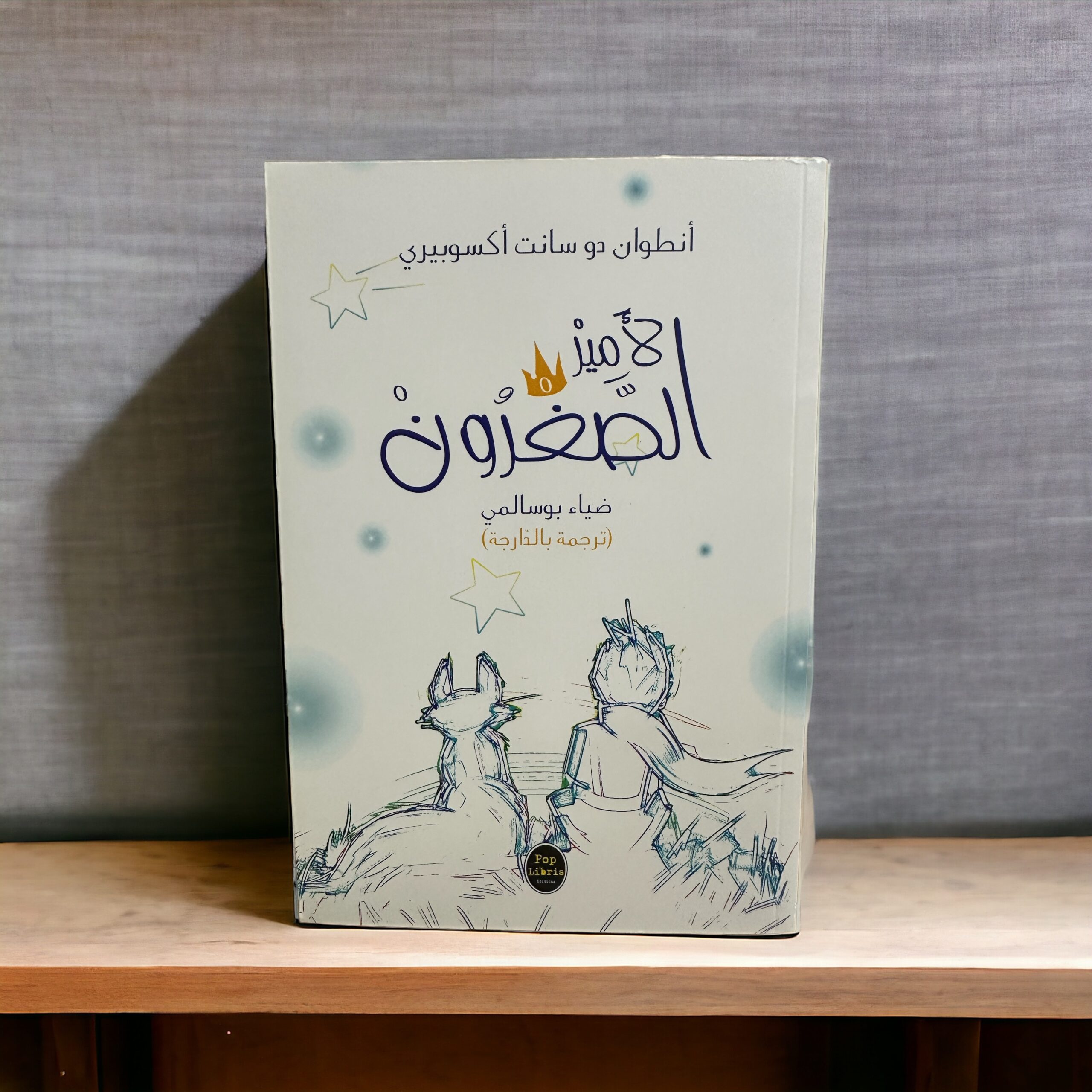
Al-Amirus Shaghirun — in Tunisian dialect.
The Tunisian dialect, known as “Tunisian Arabic” or “Derja” (also spelled “Darija”), is a variety of Maghrebi Arabic spoken in Tunisia. It is a rich and dynamic dialect that has evolved over centuries, influenced by various cultures and languages due to Tunisia’s history of invasions, trade, and cultural exchanges.
Tunisian Arabic features a typical Arabic consonant inventory, with the addition of some phonetic variations unique to the dialect. Vowels in Tunisian Arabic include both short and long forms, similar to other Arabic dialects. Common phonetic changes include the pronunciation of the Classical Arabic “qaf” (ق) as a glottal stop (ʔ) or sometimes as a [g], and the pronunciation of “th” (ث) and “dh” (ذ) as [t] and [d], respectively.
Verbs in Tunisian Arabic are conjugated similarly to other Arabic dialects but with specific local variations in the verb forms. Tunisian Arabic uses a set of personal pronouns and possessive suffixes that are distinct yet related to those in Modern Standard Arabic (MSA). Tunisian Arabic has absorbed numerous loanwords from Berber, Turkish, Italian, French, and more recently, English. This reflects Tunisia’s diverse historical interactions. There are many unique terms and expressions in Tunisian Arabic that may not be understood by speakers of other Arabic dialects.
Before the Arabization of North Africa, the indigenous Berber (Amazigh) languages had a significant influence on the local dialects. Some Berber words and grammatical structures persist in Tunisian Arabic. With the arrival of Arab cultures in the 7th century, Arabic began to spread and eventually became the dominant language. However, the local dialect retained some pre-Arabic features. During the Ottoman period, many Turkish words entered the Tunisian dialect, especially in administrative, military, and culinary contexts. During the French occupation (1881-1956), French had a significant impact on Tunisian Arabic, especially in education, administration, and the legal system. Many French words are still in everyday use. Due to proximity and historical trade relations, Italian has also influenced the Tunisian dialect, particularly in coastal areas.


